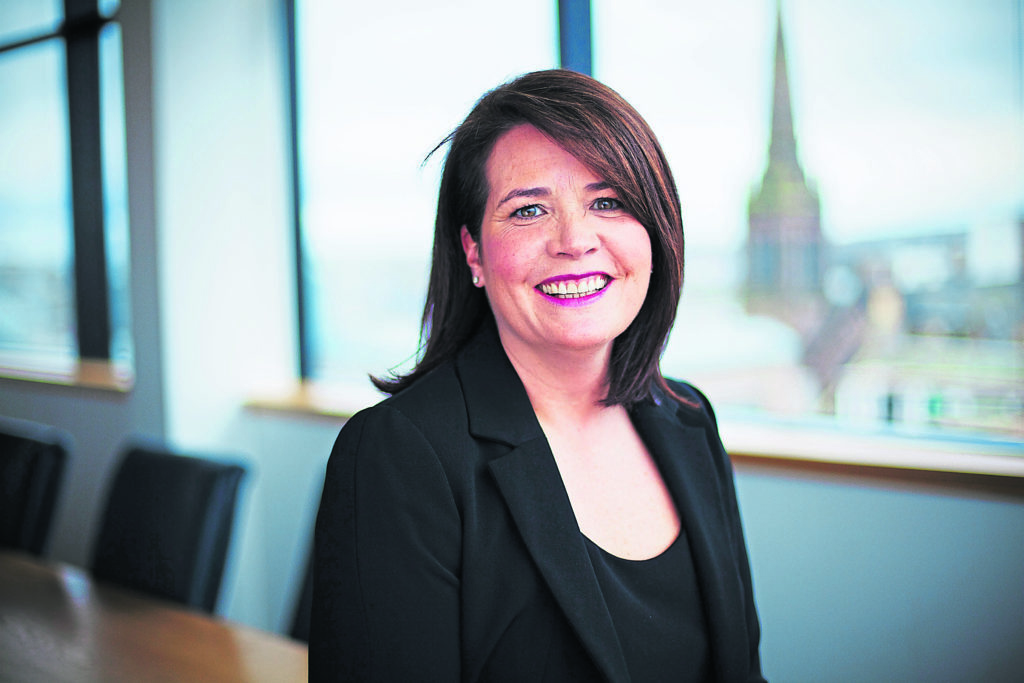
July 6, 2018, marks 30 years since 167 people died in the largest offshore disaster, Piper Alpha. It was described by Lord Cullen who chaired the Piper Alpha inquiry as “the worst possible imaginable thing”.
The tragedy shocked the oil and gas industry. No one wants another Piper Alpha.
Thirty years is a big milestone and like any anniversary is an opportunity for reflection, to savour the good and plan for the future.
The recent OGUK Safety30 conference did just that. It was a chance to consider how we ensure the lessons of the past are taken forward by a new generation of industry leaders, many of whom were not even born when the disaster happened.
Lord Cullen’s report and 106 recommendations led to systemic change in the regulation of health and safety offshore and the safety case regime which remains largely unchanged today.
Broadly, the same risks and major accident hazards exist offshore now, as they did 30 years ago, and the Safety Case Regulations persist successfully as the cornerstone of the post-Piper Alpha offshore health and safety regime to manage those risks.
It would be wrong though to assume that old issues are all sorted and that there is no room for improvement.
At a time of renewed optimism in the North Sea, the HSE claims improvement is needed after incidents which have been “perilously close” to disaster. The industry has been challenged with a timely call for self reflection and accountability on safety following concerns regarding hydrocarbon releases.
In an open letter to all operators, the HSE stated those releases were a result of failings across the board: a lack of leadership; a poor safety culture and weaknesses existing for some time but not picked up through audit or review. Concerns which sound horribly familiar and have depressing similarities with actual major disasters, Piper Alpha included.
At Burness Paull we have seen clients coping with the pressures of recent years. Companies having to do more with less, slimming down, increased outsourcing and situations where there are less experienced staff members working with older equipment. These are all potential causes for concern for safety in their own right and issues not isolated or unique to the oil and gas sector. It is worth looking back to look forward, remembering why we have safety cases offshore and the purpose behind Lord
Cullen’s report and recommendations as a way to make the regime work for the future.
If you have never read the Cullen Report now might be the right time to help make the safety case for a new generation. Ultimately, people have to create and manage safety through practice at all levels of an organisation starting at the top. Safety, as the industry maxim goes, is everybody’s job and it is beholden upon all of us to ensure the painful lessons of Piper Alpha are remembered and to keep the discussion going about how to continue improving safety.
Recommended for you
